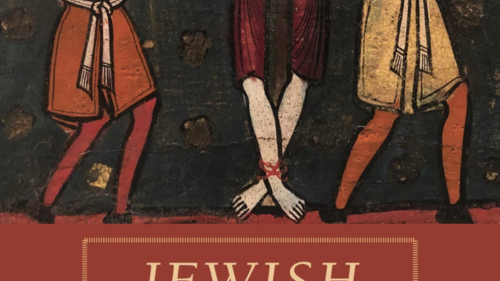Because the archives of many Arab countries are either sealed or highly restricted, writings by Arab government officials are often of rare value. Not so, however, in this study of Jordan’s early development.
Abu Nowar began his career in the Arab Legion, rose to become a major-general, and then served as the Hashemite Kingdom’s ambassador to London and briefly as its deputy prime minister. His flawed earlier works focused on the Jordanian role in Israel’s war of independence and Jordan’s own efforts to free itself from British tutelage.[1] His latest work is based on a Oxford University doctoral thesis and argues that Trans-Jordan was a distinct geographic entity (rather than an arbitrary creation of European diplomats) and that “Zionist and pro-Zionist British officials keenly endeavoured to remove him [King Abdullah I] from the country and annex it to Palestine.”
The latter assertion reflects poorly not only on Abu Nowar’s scholarship, but also on that of his Oxford tutors. Throughout his book, “Zionist and pro-Zionist British officials” are employed as useful straw men or foils against whom Abu Nowar can demonstrate Abdullah’s independence and acumen. The problem is that Abu Nowar seldom names these bogeymen, and when he does, his labeling is inaccurate: Harry St. John Philby, for example, was a committed Arabist who subsequently became an advisor to the founder of Saudi Arabia. The founders of the State of Israel would be shocked to learn that he stood in their camp.
Nor would the masters whom Abu Nowar once served necessarily agree with his revisionism: Jordanian leaders tended to take a far more pragmatic approach to Zionism, especially given the challenges they faced from within the Arab world. His treatment of the 1936-39 Arab Revolt makes little attempt at academic objectivity: He neither mentions Arab massacres of Jews nor the incitement campaign of Muhammad Amin al-Husayni, the Grand Mufti of Jerusalem, whose strategy included outreach to Nazi leader Adolf Hitler.
The Development of Trans-Jordan disappoints in other ways. Analysis of Arab Legion activity is drawn exclusively from British documents rather than Jordanian sources. Discussion of political meetings within Jordanian society is slightly more useful, as Abu Nowar incorporates contemporaneous Arabic newspaper accounts not readily available elsewhere.
Overall, Abu Nowar’s doctoral dissertation adds little to an understanding of Jordan’s birth pangs and consolidation as a political entity—but it does demonstrate how far scholarship at Oxford University has declined.
[1] The Jordanian-Israeli War, 1948-1951 (Reading: Ithaca, 2003); The Struggle for Independence, 1939-1947 (Reading: Ithaca, 2001). See Efraim Karsh review of the former, Middle East Quarterly, Winter 2004, p. 84-5.



